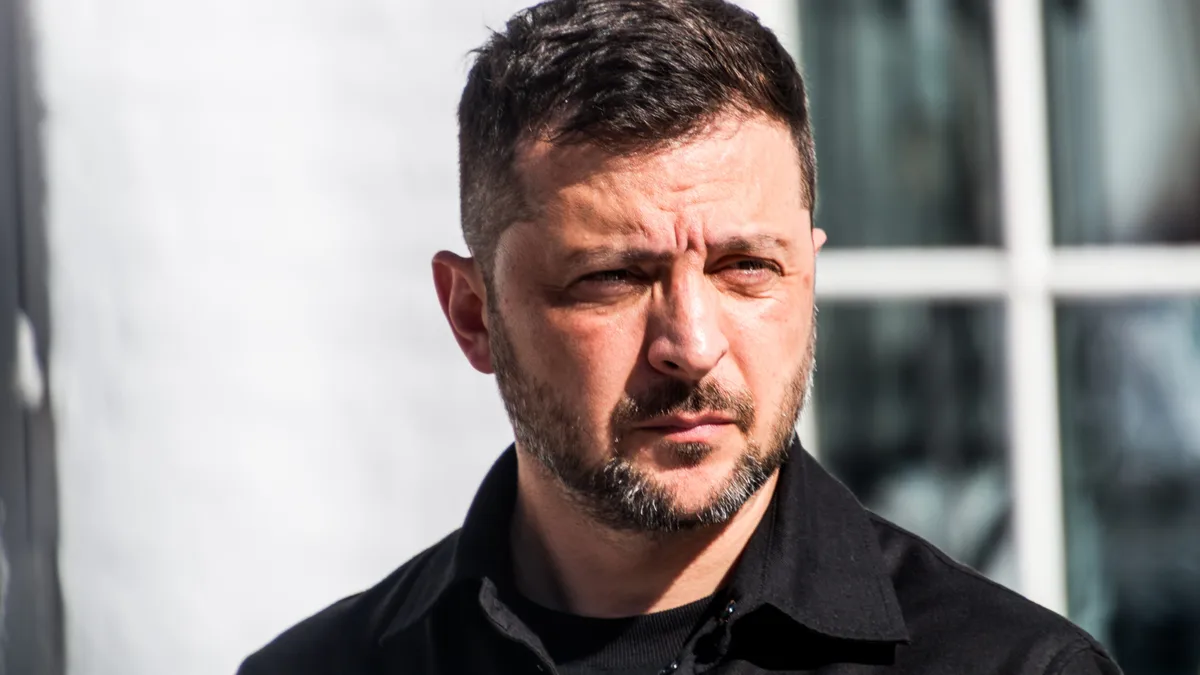By Jamie Dettmer
Copyright politico

Political opponents have long complained of the Ukrainian leader’s populist impatience with the constraints and complexities required to govern a democracy and of his innate prickliness to criticism. His defenders, however, are dismissive of the complaints, saying war requires a firm, decisive hand. Or, as Zelenskyy’s powerful Chief of Staff Andriy Yermak told POLITICO earlier this year: “Especially during wartime, decisions must be made quickly and clearly.” Presidential aides also point out their boss enjoys high favorability in opinion polls.
They do have a point — and even many critics agree that the clamor and messiness of democracy shouldn’t be allowed to imperil the country as it fights an existential war. But they also stress that other wartime leaders took a markedly different approach — notably Britain’s Winston Churchill, who was keen to harness the country’s best, brightest and most capable from across the political spectrum to fill the ranks of wartime bureaucracy.
And it isn’t just Zelenskyy’s partisan rivals who now worry about the drive to centralize power. While reticent to issue any public criticism for fear of handing Moscow a propaganda opening, according to three European envoys based in Kyiv who asked not to be identified for this article, Western allies have privately raised concerns. And some of the lawmakers in Zelenskyy’s party are also questioning recent developments— which have included firing elected mayors and exerting pressure on state agencies meant to be independent.
Even before the war, the government was impatient with parliamentary oversight. Now, having virtually abandoned the routine of ministers being questioned by parliament committees, it’s being shunned almost entirely. Noticeably, the presidential administration has also increasingly struggled to muster the votes it needs to approve favored legislation, partly because ruling lawmakers are growing frustrated with pressure to kowtow to the President’s Office and are worried they’ll be blamed by their constituents when things go wrong.
This unease predates the attempt to eviscerate the anti-corruption agencies. And a string of purges of more independent-minded ministers and government officials have prompted behind-the-scenes disquiet too. Recent government reshuffles have seen the forced departures of notable figures such as Minister of Foreign Affairs Dmytro Kuleba, the head of Ukraine’s national power transmission network Volodymyr Kudrytskyi, and the highly popular armed forces commander General Valery Zaluzhny — now Ukraine’s ambassador to Britain — who clashed with Zelenskyy over war strategy.
Each reshuffle has seen the president’s clam-like coterie of trusted friends and advisers accrue more power and control, while outliers ready to question and challenge — or who show streaks of independence — get ejected. The party mood wasn’t improved by Zelenskyy’s notorious Oval Office spat with U.S. President Donald Trump either, as the Ukrainian leader veered dangerously off-script, thanks, in large part, to goading by U.S. Vice President JD Vance.